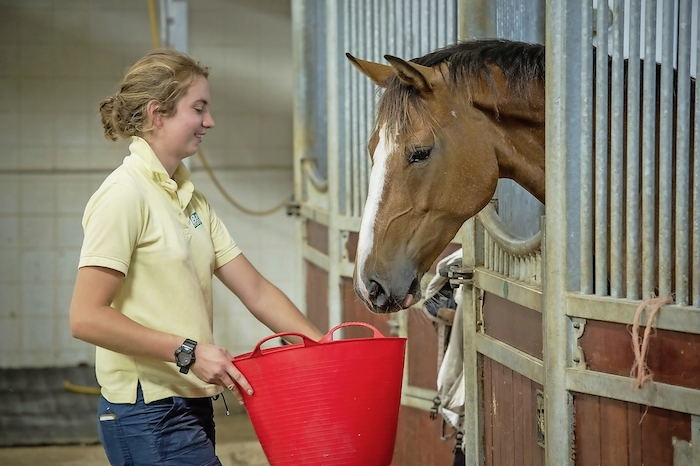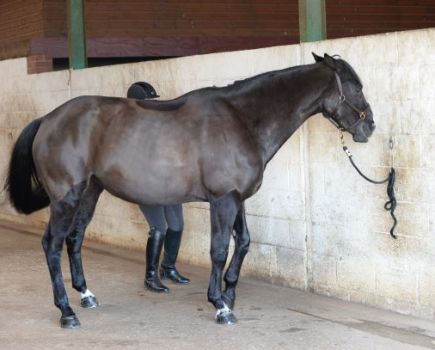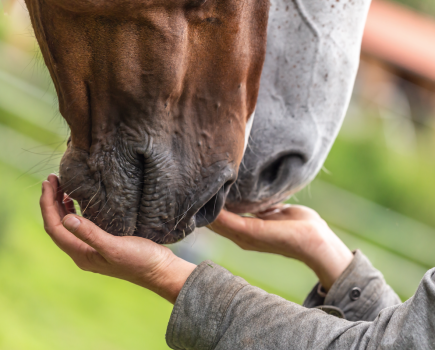In partnership with Allen & Page
Alfalfa, also known as lucerne, is a leafy crop that has been fed to horses for thousands of years and is now commonly offered in the form of hay, chaff or pellets.
It typically has a medium to high energy content, which can make it beneficial for horses who require extra calories, such as those in harder work, or horses who require some extra condition. This also means that it isn’t always a great option for those prone to holding their weight.
However, many balanced chaff-based mixes that are ideal for good doers do include some alfalfa as a blend with oat straw chaff to provide a low-calorie feed that increases chewing time and provides an additional fibre source. When feeding a good doer, look for feeds that are 8MJ/kg or lower. Alfalfa also has a naturally low starch and sugar level, and so it can prove to be ideal for those who have a tendency to become fizzy or excitable.
Strike a balance
Although it contains high levels of some nutrients, alfalfa alone doesn’t boast everything a horse needs, and a nutritionally balanced feed should be fed alongside it to ensure that your horse gets all the vitamins and minerals they need in the correct ratios.
Despite its great qualities, alfalfa isn’t suitable for all horses. Due to its high protein content, it is something we would look to avoid giving to any horse with liver or kidney issues – they will need a low-protein diet to avoid extra stress on the affected organs.
Some horses can have intolerances to alfalfa which present as behavioural issues or symptoms, such as itchy skin or poor coat condition, although each horse should be treated as an individual.
Meet the expert: Emily Wansbrough has a BSc (Hons) in equine science and is part of the award-winning nutrition helpline team at Allen & Page.
Check out our subscription offer








